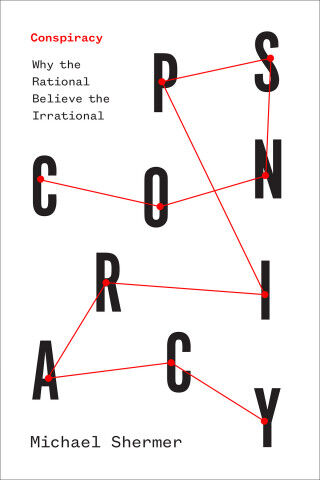Requiem for a fierce advocate and communicator – The Boston Globe
Requiem for a fierce advocate and communicator The Boston Globe


President Biden sent a video, closing with the line, “I wish you were still with me, man.” Senator Ed Markey and Labor Secretary Marty Walsh also delivered eloquent, in-person tributes.
But the most powerful words spoken about the late political strategist Larry Rasky at a memorial event that was held last Sunday at the Boch Center, did not come from those with the most powerful titles. They came from Larry Rasky’s son, Will, 32, who works as a special assistant for government affairs in the office of Transportation Secretary Pete Buttigieg. First, Will Rasky listed all the communication lessons he learned from his father. Then he paid homage to “this great big gregarious, fiery but cuddly bear of a man who fiercely loved his family, friends, and teammates.” While Larry Rasky was special to all family members, he said, “there was the gift that was only for me: I got to have him as my dad.”
Larry Rasky died two years ago, at 69, of complications from COVID-19. I attended the celebration of his life along with several hundred others — although I’m not sure Larry would have put me on the guest list. Our professional relationship had its ups and downs — no surprise to anyone I’ve ever written about. While there will always be some tension between those who cover the news and those who work to shape it, I respected Rasky’s passion, tenacity, and drive. He was a fierce advocate and communicator who represented an era now considered “old Boston,” but which was once, of course, “new.”
Part of that influx of young people who come here to go to college — in his case, to Emerson via New Jersey — Rasky stayed and carved out a niche that helped make Boston a little less parochial and home to another Grateful Dead fan. He famously got his start in politics while working as a security guard at the Boston office of Jimmy Carter’s reelection organization, ending up as the campaign’s deputy press secretary. I first met him when he was working on Ray Flynn’s underdog quest to become mayor. He also worked on Markey’s congressional campaign and John Kerry’s Senate campaign, among others. In the early 1980s, he made a key connection to a Delaware senator named Joe Biden. When Biden ran for president in 1988, Rasky was his press secretary, and served as an adviser in subsequent bids.
Rasky started running companies that represented a mix of corporate and political clients, just as I started writing a column about the intersection of business and politics. Rasky was happy when I wrote: “With a resume that bursts with Democratic political connections, Rasky offers guidance to executives who are eager to learn who the political players are and how they must massage their message to get through to them.” He was less thrilled about journalistic exploration into the actual message massaging. Today, if someone dislikes an opinion or analysis, they tweet something nasty about it. Back then, the phone on your desk would ring, and Rasky’s quintessential growl would greet you. It was fierce, in-your-face advocacy and communication, not social media back-stabbing.
Rasky’s heart was always out there, too. He was devoted to family — especially, to his wife, Carolyn — and to clients and causes. As Biden said in the video, “We forged a fast friendship based on a basic code. Loyalty, loyalty, loyalty.” Rasky stuck with Biden after his first presidential campaign fell apart, and stuck with staff, too. Doug Bailey, a former Globe business reporter and editor, who is now a senior adviser at Rasky Partners, told me Rasky “angrily fired me a couple of times, but within hours forgot all about it.” Added Bailey: “There’s no one like him.”
Referencing Rasky in the present tense is helpful to a company that will continue to bear his name. “How could we not!” Justine Griffin, a principal at Rasky Partners, e-mailed me. “We have worked with Larry for decades and plan to continue to build on the strong foundation he created.”
That’s one measure of Rasky’s value. But leave it to his son Will to sum up another in his eulogy: “He wasn’t perfect, nobody is, and we had occasional differences or disagreements, but I wouldn’t trade a single minute I had with him for anything in the world, and I can’t tell you how many things I would trade to have just one more minute with him.”
For a fierce advocate and communicator, what greater value can there be?
Joan Vennochi can be reached at joan.vennochi@globe.com. Follow her on Twitter @joan_vennochi.



